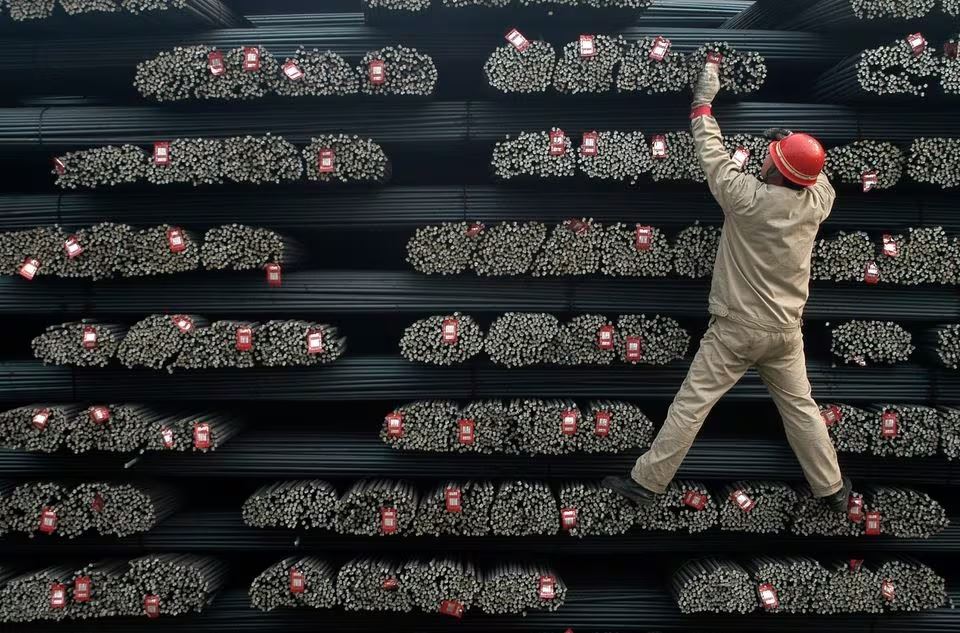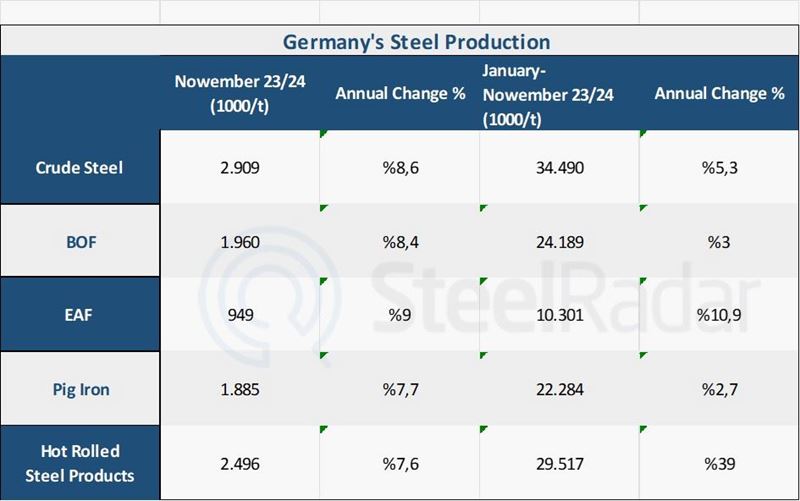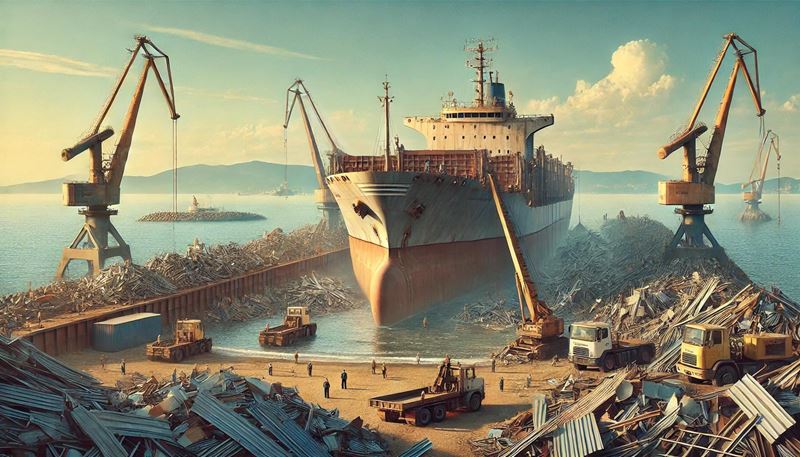China's steel exports are expected to reach an eight-year high before tariffs come into effect in 2025. China, the world's largest steel producer, aims to exceed the 100 million metric ton limit by increasing steel exports this year. Macquarie Capital predicts that China's steel exports will reach 109 million tons in 2023, but this figure is expected to decrease to 96 million tons in 2025.
As the Chinese economy struggles with the property crisis and slowing manufacturing activity, foreign markets have gained importance. Steel exports reached 10.2 million tons in September, up 26% year-on-year. However, unfair competition concerns for domestic steel producers caused an increase in anti-dumping measures in importing countries.
Thailand applied a 31% anti-dumping duty on high-strength steel from China, while Brazil and Canada also imposed various tariffs. While such measures may have short-term effects, experts warn that the impact of Vietnam's ongoing anti-dumping investigation on Chinese steel may be more pronounced.
India, on the other hand, decided to impose tariffs between 12% and 30 % on some steel products imported from China and Vietnam.
China's steel demand is showing a significant decrease due to the downturn in the property sector. The World Steel Association forecast this month that the country's domestic steel demand will be less than half of global demand. Analysts noted that Beijing is trying to clear the existing housing stock and reducing the supply of new housing will not lead to a significant improvement in steel demand until 2025 or 2026.
Stating that it is difficult for infrastructure investments to fill the gap left by housing builders, experts emphasised that domestic steel producers have reduced production due to low profitability. Almost three-quarters of Chinese steel companies reported losses in the first six months of this year and many companies faced the risk of bankruptcy. According to some sources, medium-thickness hot-rolled coil production decreased by 5.4 % in September from the previous month and 6.4% year-on-year.
Following escalating trade tensions, a spokesman for China's customs administration said that the majority of steel products are produced to meet domestic demand. Officials at the state-backed Iron and Steel Industry Association have stepped up pressure on exports amid allegations of tax evasion and set up an investigation team to block illegal steel exports.
As China's steel industry struggles with weak domestic demand and increasing international pressure, the future of the sector remains uncertain.











Comments
No comment yet.